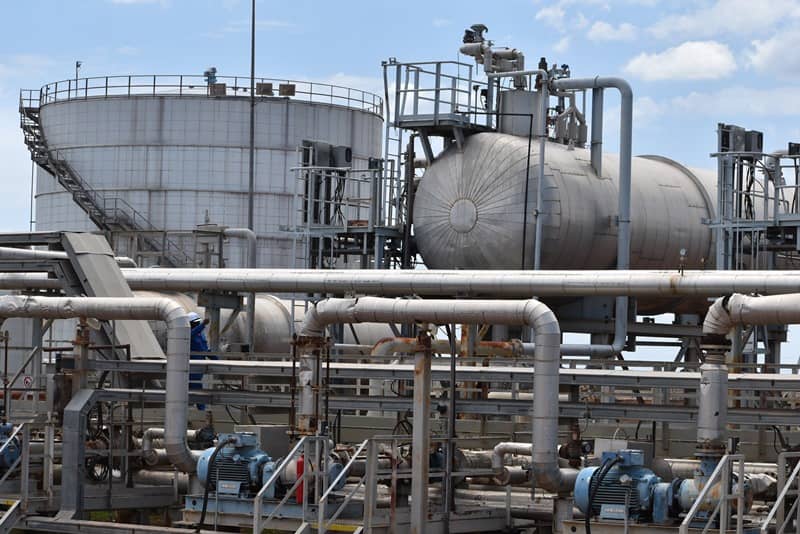Plans by the Republic of South Sudan to conduct a comprehensive environmental audit of the country’s oil fields are going ahead, although delayed by the Covid-19 pandemic global lockdown. In January, the then Minister of Petroleum in South Sudan, Hon. Eng. Awow Daniel Chuang, announced a tender to determine environmental damage caused by oil production, and establish an action plan based on the audit findings. The aim is to develop ways to reduce and/or mitigate environmental problems in oil-producing areas. The Ministry has made it clear it is still treating this problem as a priority.
Hon. Chuang, now Undersecretary at the Ministry of Petroleum, says “We started the process last year and have reached the stage where auditing companies have been invited to bid. All the other processes have been concluded, such as the scope of the audit work which was developed with the help of a consultant. The only thing left was to invite companies to bid. So that’s where we were in the process, before the Coronavirus hit, halting all movement of people.”
The Undersecretary adds that the new Minister of Petroleum, Hon. Puot Kang Chol, has expanded the environmental committee, which oversees the audit tender process. He says it now includes members from the Ministry of Health and civil society in the form of non-governmental organisations.
The Petroleum Act of 2012, enacted a year after independence, governs the oil sector in South Sudan. It aims to improve environmental management, after years of neglect prior to independence resulted in damaging pollution. The civil conflict also prevented the proper management of oil production, neglecting environmentally, socially and economically sustainable principles. The challenge now is to balance developmental needs with the spirit of environmental protection enshrined in the Petroleum Act. Oil operations have caused a loss of grazing land, deforestation, soil and water contamination, and various health issues.
President Salva Kiir has previously stated that urgent action needs to be taken to reverse environmental damage. “This trend needs to be checked through the formulation of environmental policies, standards and guidelines, and enforcement of these instruments.”
Last year, the President also warned that the government would take a stronger stance against pollution in oil-producing areas. And while the government is eager to welcome new exploration and production, companies would be held to a high standard. He added that the era of “bad business” was coming to an end.
An international independent organisation will now be appointed to conduct the audit, mandated to suggest best practices for new exploration as well as ways to repair the historical damage in South Sudan.

